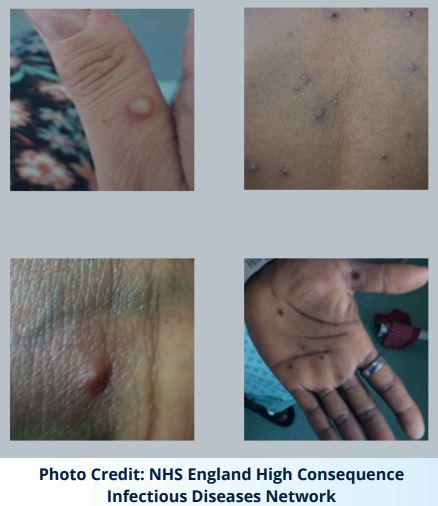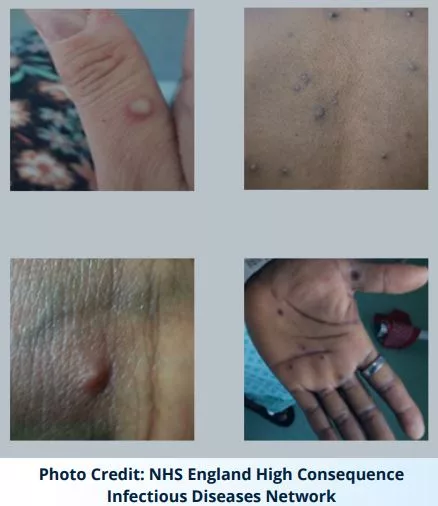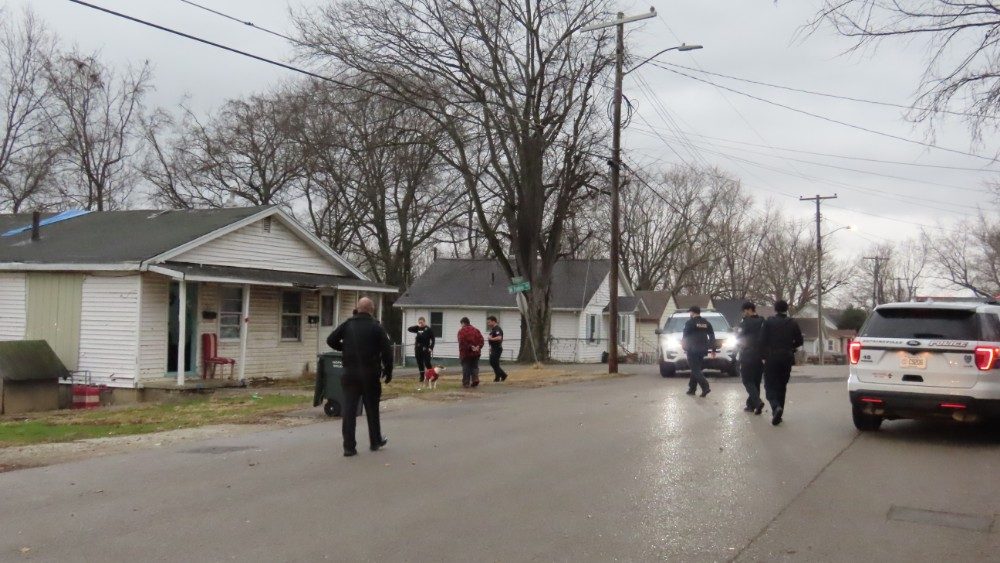
During his “Team Kentucky” update, Governor Andy Beshear confirmed that as of Thursday afternoon, the Commonwealth had 26 reported cases of monkeypox, including two in Christian County.
Of those 26 cases statewide, one is a female, and 25 are males.
The 26 cases are in nine counties: one in Barren, two in Fayette, 14 in Jefferson, one in Kenton, one in McCracken, one in Montgomery, one in Oldham, three in Warren, and two in Christian.
Beshear noted that while the CDC has declared a health emergency surrounding the increasing disease, it’s not at a point to declare it a state emergency just yet.
However, its increase is being reviewed, and Beshear further added that this is different from when COVID-19 began its outbreak in 2020.
Beshear added that he’d like to see the vaccine for it more readily available to the general public.
Two weeks ago, officials from the Christian County Health Department issued guidance surrounding monkeypox and its capabilities.
Cloie Rager, public information officer for CCHD, said their organization learned of two cases earlier this week — and directly reported them to the state’s monkeypox dashboard.
Rager added that unless there’s been very direct, close contact with someone diagnosed with monkeypox — there’s little need to fret. Unlike COVID-19, this disease does not pass through air transmission, and she said vaccines are ready and available for Christian Countians.
Rager said transparency regarding monkeypox will only continue in the coming weeks, whether it spikes or declines, but there’s a desire to avoid public panic.
A disease that involves pimple-like blisters and rashes, it’s often accompanied with early flu-like symptoms, and it can spread to anyone through close, personal, and often skin-to-skin contact.
Key signs include not just the rashes, but fever, muscle aches and swollen lymph nodes. Symptoms can also begin five to 21 days following exposure.
This close physical contact with a person includes face-to-face, kissing and/or sexual intercourse, and can be traced to bedding, clothing, towels or other objects touched the infected person’s skin or bodily fluids.
It’s important to avoid physical, intimate contact with anyone showing symptoms, and to talk openly with partners about symptoms prior to activities.
Monkeypox has also been inappropriately coined as simply an LGBQT+ concern, when anyone can get it. CCHD officials state that “blaming any one community may harm public health efforts, and cause providers to miss monkeypox cases in other people.”





